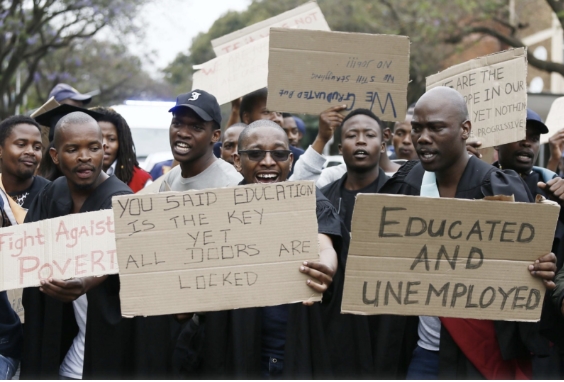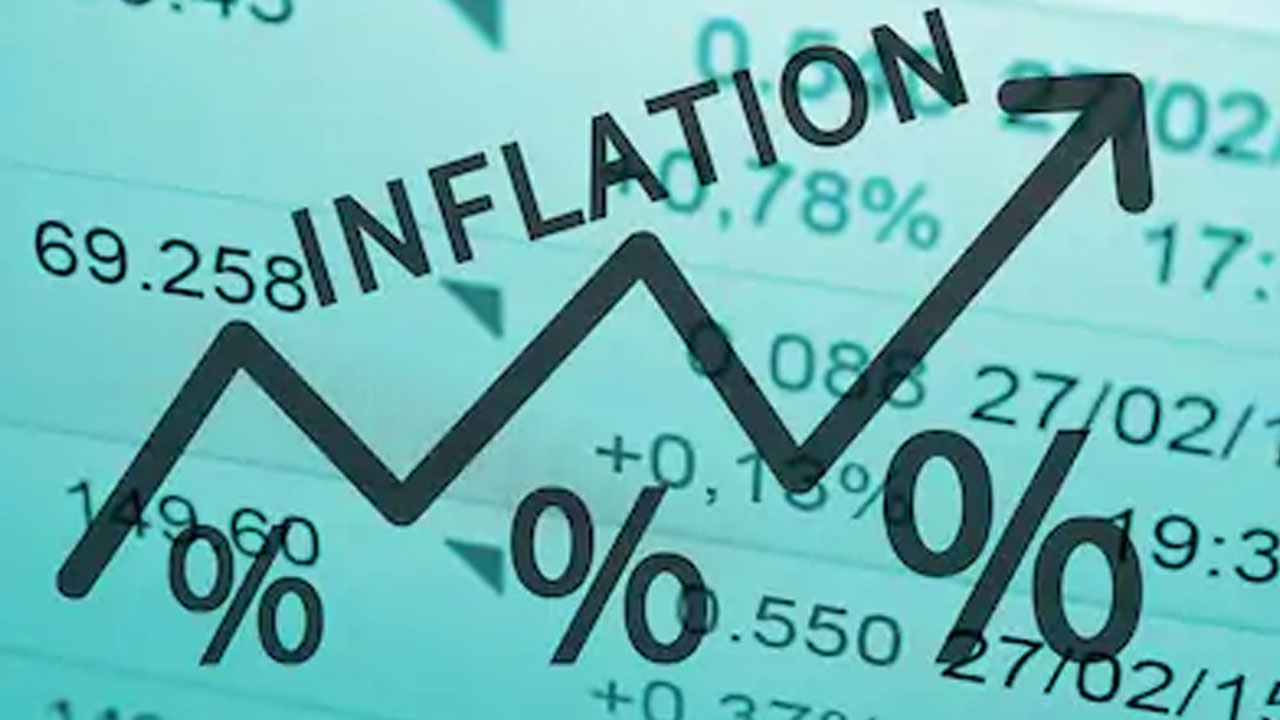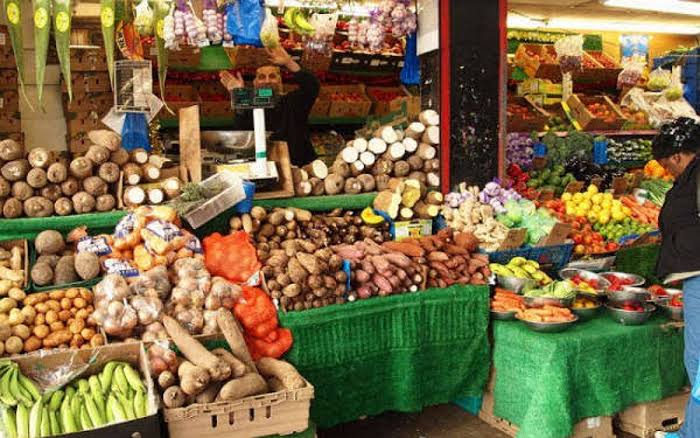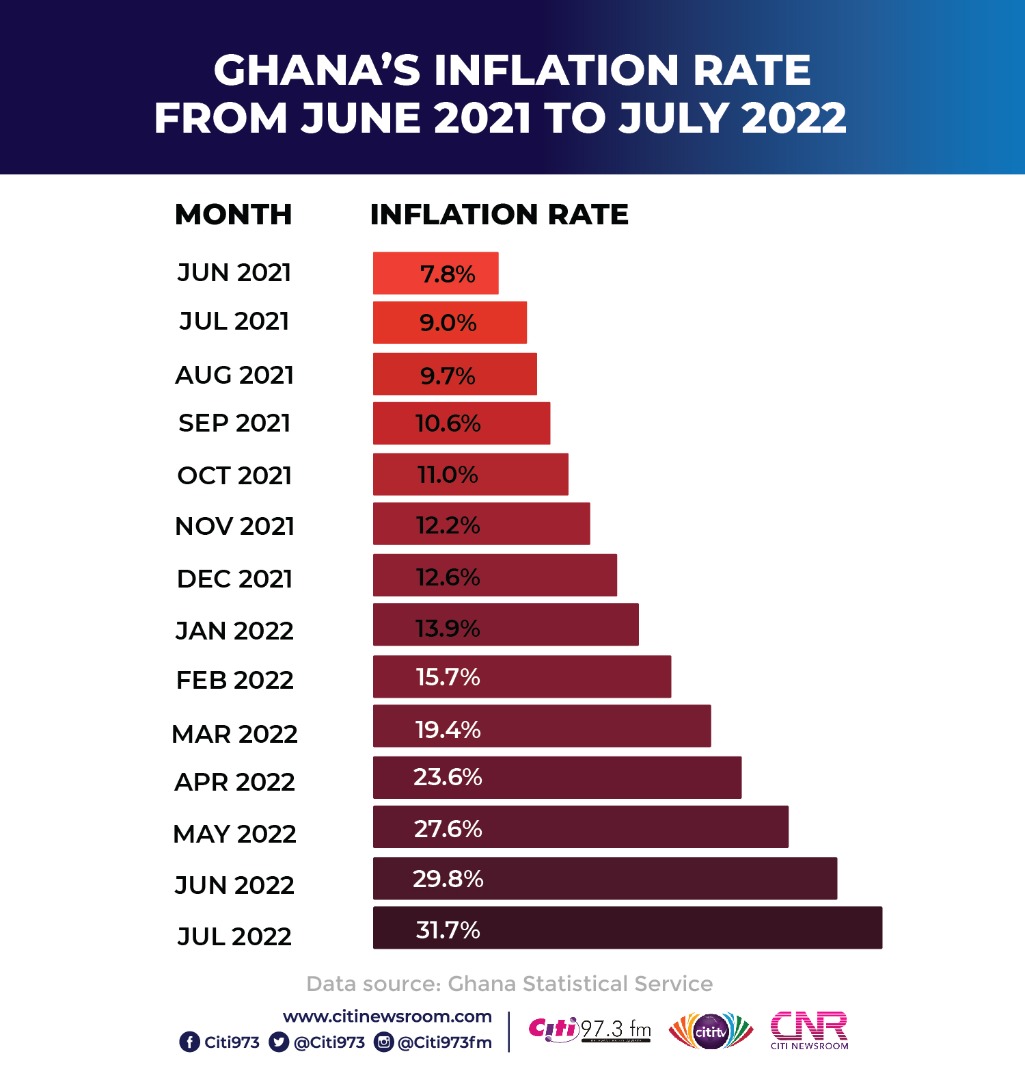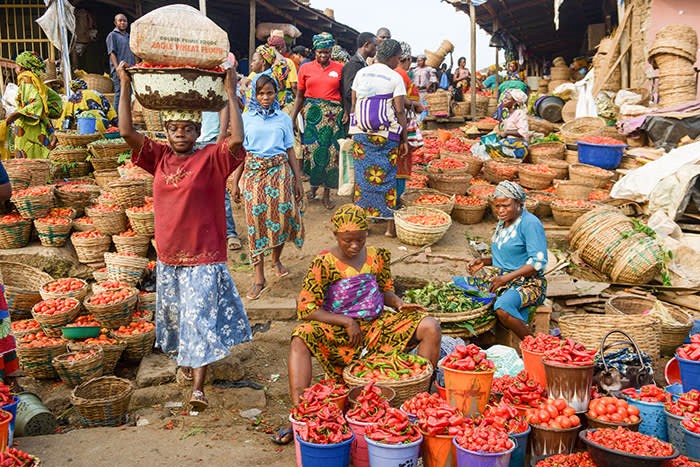In recent years, a growing number of Nigerians have been opting to leave their home country and seek opportunities abroad, even if it means taking on multiple and often menial jobs.
The idea of a better life and greater economic opportunities abroad, often portrayed through social media and success stories of those who have emigrated, creates an illusion of instant wealth and success.
With a severe unemployment crisis in the country and a prevailing lack of confidence in the Nigerian government’s ability to address critical issues, many qualified and talented individuals find themselves without gainful employment, leading them to seek greener pastures in other countries.
However, former presidential aide and influential social media personality, Reno Omokri, has shed light on the challenging reality faced by many Nigerians living abroad who strive tirelessly to make ends meet.
Omokri said that while some may perceive Nigerians in Canada, America, the UK, and continental Europe as living luxuriously, the truth is that many are working multiple jobs just to sustain the appearance of wealth they project.
He said behind the facade of affluence, these individuals often find themselves struggling to keep up with financial commitments, leaving them with little time to relax or enjoy leisure activities.
“If they miss three mortgage payments, banks WILL foreclose on their homes. They work themselves to the ground to make monthly payments for houses, cars, furniture, and health insurance. They can hardly relax. No time to just do nothing.
“A lot of them have very little family or social interaction. The rat race takes the place of family. They have to pay through their noses for childcare because it is not like Nigeria, where your relatives and friends can watch your kids,” Omokri said.
The former Presidential aide added that while Nigeria may not be perfect, it is important to recognize and value the quality of life and privileges being enjoyed in the country and strive to build a brighter future collectively.
Drawing attention to the literary work, “The Lonely Londoners,” which provides a timeless depiction of life in the Western world, reflecting the struggles and sacrifices made by immigrants seeking a better life abroad, Omokri added: “We may not have a perfect life in Nigeria. But we have a good one!”
However, a livestock farmer Ogungbesan Oluwafemi, shared his personal experience and struggles with running his business in Nigeria.
Oluwafemi disclosed that since February 2023, he had lost over N7 million due to unfavourable government policies and emphasized the role of government in providing a conducive environment to encourage prosperity.
He said many farmers in Nigeria were struggling with debts which had affected their physical and mental health.
Many Nigerians are drawn to foreign labour markets that offer higher wages and better working conditions, even if it means working multiple jobs to sustain their livelihoods.
A life coach and business consultant Churchill Ikpawona, commended the Western world for providing opportunities for people to keep up to three jobs, which contrasts with the Nigerian reality where many struggle to find even one job.
“If one person can have an opportunity to get three different jobs I think that’s a whole lot to commend the Western world about. We live in a country where you cannot even get one job,” Ikpawona said.
He added that Nigerians travelling abroad are fully aware of the demanding work environment, yet they are willing to work hard for good salaries that match their efforts, whereas the Nigerian job market often offers inadequate wages and poor working conditions.
Beyond financial considerations, some Nigerians opt for emigration in search of a better quality of life, which may include access to improved healthcare, education, and social services.
In Nigeria, job opportunities do not keep pace with the rapidly growing population and Global consulting firm KPMG in a recent report titled “Global Economic Outlook” has projected Nigeria’s unemployment rate will surge from the current rate of 33.3 per cent to 40.6 per cent in 2023.
KPMG attributes this worrisome trend to several factors, including limited investment by the private sector, sluggish industrialization, slower economic growth than required, and the economy’s inability to absorb the influx of 5 million new job seekers annually.
Latest figures from the National Bureau of Statistics show that Nigeria’s annual inflation rate rose from 22.22 per cent in April to 22.79 per cent in June, representing an increase of 0.57 per cent.
Additionally, the firm said the inflation rate is expected to remain above 20 per cent throughout 2023, just as “fuel subsidy removal and the 2023 Fiscal Bill are also expected to keep pressure on domestic prices in 2023”.
As a result of these challenges, Nigeria’s Gross Domestic Product growth is projected to remain relatively slow at 3 per cent in 2023, primarily due to the usual slowdown in economic activity observed during periods of political transition in the country.

